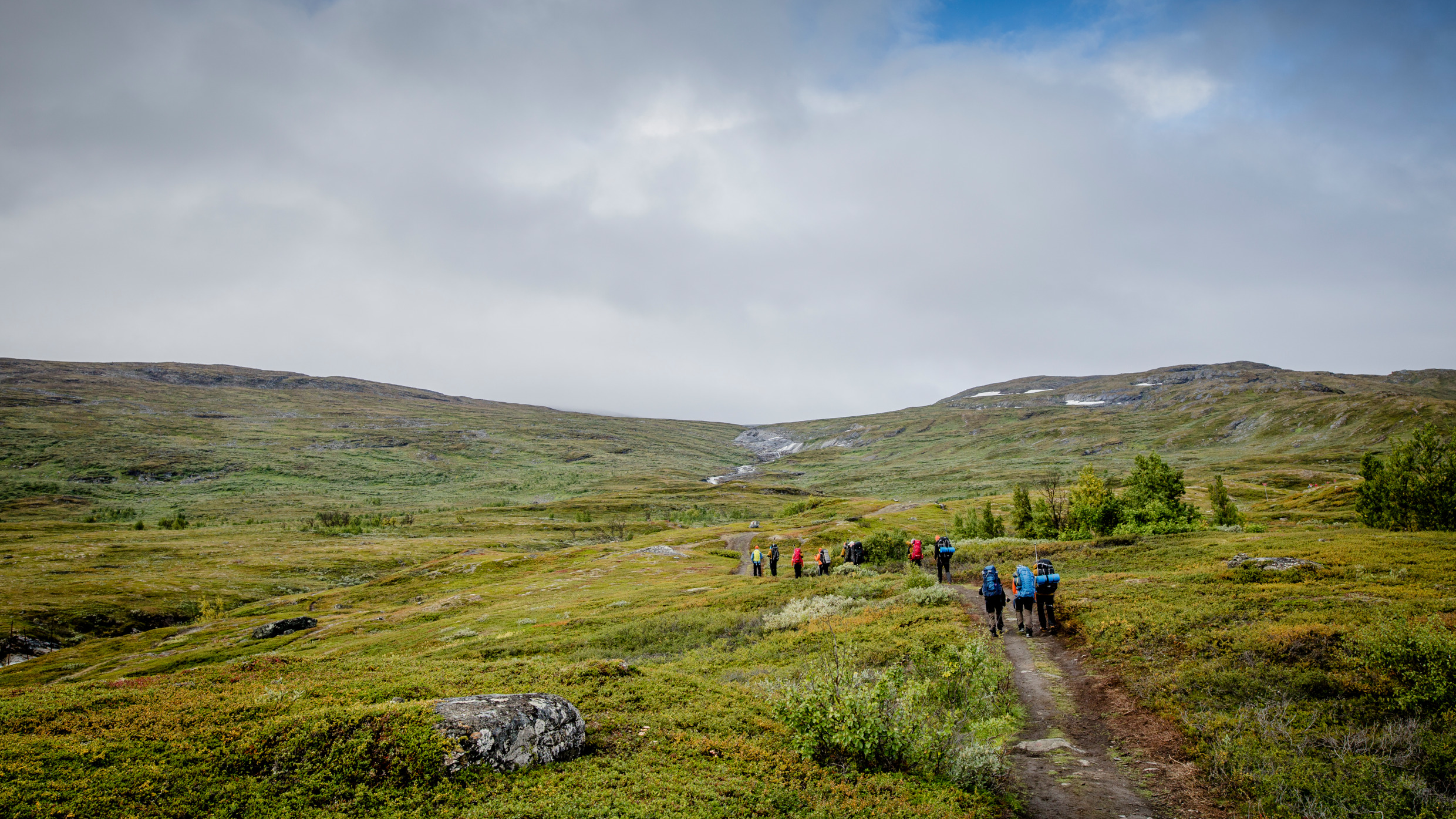Goal 2: The Nordic Region will reverse biodiversity loss by bolstering and developing its co-operation with actors within the business and industry sector, civil society and academia
Nordic citizens enjoy broad access to nature and a unique relationship with outdoor recreation and heritage environments. In order to protect both Nordic and global biodiversity, we need to boost the intensity of our work and prioritise this issue more highly. All actors, from countries and citizens to indigenous peoples, academic institutions and companies, need to collaborate in order to find and develop solutions that will reverse the loss of biodiversity.

Sub-goal 2.1: We will contribute towards an ambitious implementation of the Kunming-Montreal Global Biodiversity Framework and support the development of other countries’ efforts, in part by demonstrating how biodiversity can be protected in tandem with social and financial development.
Through Nordic co-operation, we can bolster our possibilities to influence and accelerate our work towards reversing biodiversity loss within the EU and globally. Among other things, we will work to achieve viable ecosystems and communicate how this can be done in tandem with both social and financial development. Particular focus shall be placed on the protection of ecosystems, the restoration of habitats and on combating invasive species.
Sub-goal 2.2: We will step up our efforts to ensure that the Nordic Region’s maritime areas are protected, managed and utilised in a manner that is environmentally, biologically and financially sustainable.
The Nordic Region shall continue to develop its co-operation around in relation to maritime environments. Important matters requiring Nordic co-operation include, among other things, international negotiations and processes, the preservation and restoration of marine life in the face of changing marine climates, the development of knowledge, environmental and climate monitoring, a sustainable blue economy and an ecosystem-based approach to planning and management. Eutrophication, ocean acidification, environmental pollution, waste including plastic, overfishing and invasive foreign species are all challenges which will require collaboration and the exchange of information if we are to attain a positive development. Sustainable fishing is also a prerequisite not just in terms of retaining the diversity of existing ecosystems, but also in terms of making sure that future generations will be able to continue to use fish stocks as a source of income.
Sub-goal 2.3: We shall protect and develop Nordic natural and heritage environments through the use of sustainable land use, ecosystem-based land planning and collaboration with the business sector, civil society and academic institutions.
The importance of biodiversity is becoming ever clearer both in the Nordic Region and globally, and yet the rate of loss is increasing at the same time. Nature, heritage environments and outdoor recreation all contribute towards social sustainability and quality of life. We need to develop our ways of planning, how we use our land and water and how we manage and develop our unique heritage environments. In order to succeed in this, we need to develop our co-operation with the business sector and industry, the finance sector, civil society, indigenous populations, academic institutions and Nordic municipalities and regions.
Sub-goal 2.4: We will promote nature-based and other innovative solutions to address the challenges within biodiversity loss, climate and air pollution.
The challenges faced by the world relating to the climate, biodiversity loss and air pollution are interrelated and all affect one another, and so for this reason they need to be jointly addressed. Nordic co-operation has contributed towards greater levels of knowledge and experience around the opportunities that lie in using nature-based solutions. We need to support and promote nature-based and other innovative solutions that can address these challenges. We must also leverage the knowledge and experience that we have and convert it into praxis.